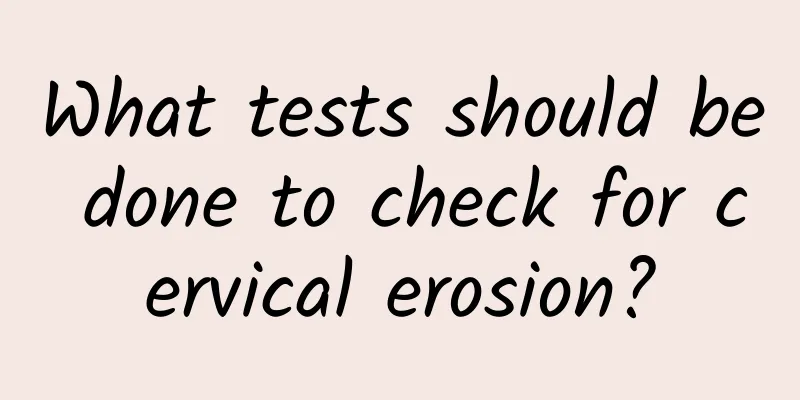Who is prone to ovarian cysts?

|
Ovarian cysts are more common in older women, women who have never been pregnant, women with polycystic ovary syndrome, those with a family history, and those who use contraceptives for a long time. They can go to a regular hospital for examination and receive treatment under the guidance of a doctor. 1. Older women: As they age, their ovarian function gradually declines, making them more susceptible to ovarian cysts. 2. Women who have never been pregnant: If a woman has never been pregnant, the ovulatory function of her ovaries may be unstable, increasing the risk of developing ovarian cysts. 3. Patients with polycystic ovary syndrome: This is an endocrine disorder and patients are prone to ovarian cysts. 4. Family history: A family history of ovarian cysts may be inherited, increasing the risk of the disease. 5. Long-term use of contraceptives: Long-term irregular or excessive use of contraceptives may lead to ovarian dysfunction and increase the risk of ovarian cysts. Patients with ovarian cysts can be treated by surgical removal of the cysts and regular visits to the hospital for gynecological examinations. |
<<: Is it premature ovarian failure if the menstruation stops after three days?
>>: How much does medical abortion cost?
Recommend
Diet care for ectopic pregnancy
Everyone has their favorite food. If you have a d...
Is stubborn fat too hard to lose? 5 tips to fight allergies and lose weight faster!
If you can’t lose weight, it may be due to allerg...
Sequelae of dysfunctional uterine bleeding
Functional uterine bleeding, referred to as funct...
What should I pay attention to when eating for uterine fibroids? Do I need to avoid certain foods when eating for uterine fibroids?
Uterine fibroids are a common benign tumor in wom...
Explore the detailed causes of ovarian cysts
Ovarian cyst is a very common disease among women...
Two dietary prescriptions for menstrual disorders after abortion
After an abortion, due to endocrine changes, or d...
When can I have sex after uterine fibroid surgery?
Regarding the question of having sex after surger...
What can I eat after laparoscopic surgery for uterine fibroids?
After uterine fibroid surgery, you should eat a l...
Comprehensive analysis of endometrial tuberculosis
Endometrial tuberculosis is an inflammation of th...
Yam not only lowers blood sugar and blood pressure, but also helps burn fat and lose weight! How to eat yam to get the best effect?
Yam is one of the essential ingredients in home c...
Causes of recurrent ovarian cysts
What are the causes of recurrence of ovarian cyst...
What is the pathogenesis of anovulatory functional uterine bleeding?
Xiaolan is about to graduate from high school thi...
5 tips for Pepper Potts to stay in shape
The movie "Iron Man 3" was released in ...
Dietary considerations for patients with dysmenorrhea
Dysmenorrhea is one of the more common diseases d...
Pelvic fluid accumulation exceeding several centimeters is dangerous
Pelvic effusion can cause bleeding to stop automa...









